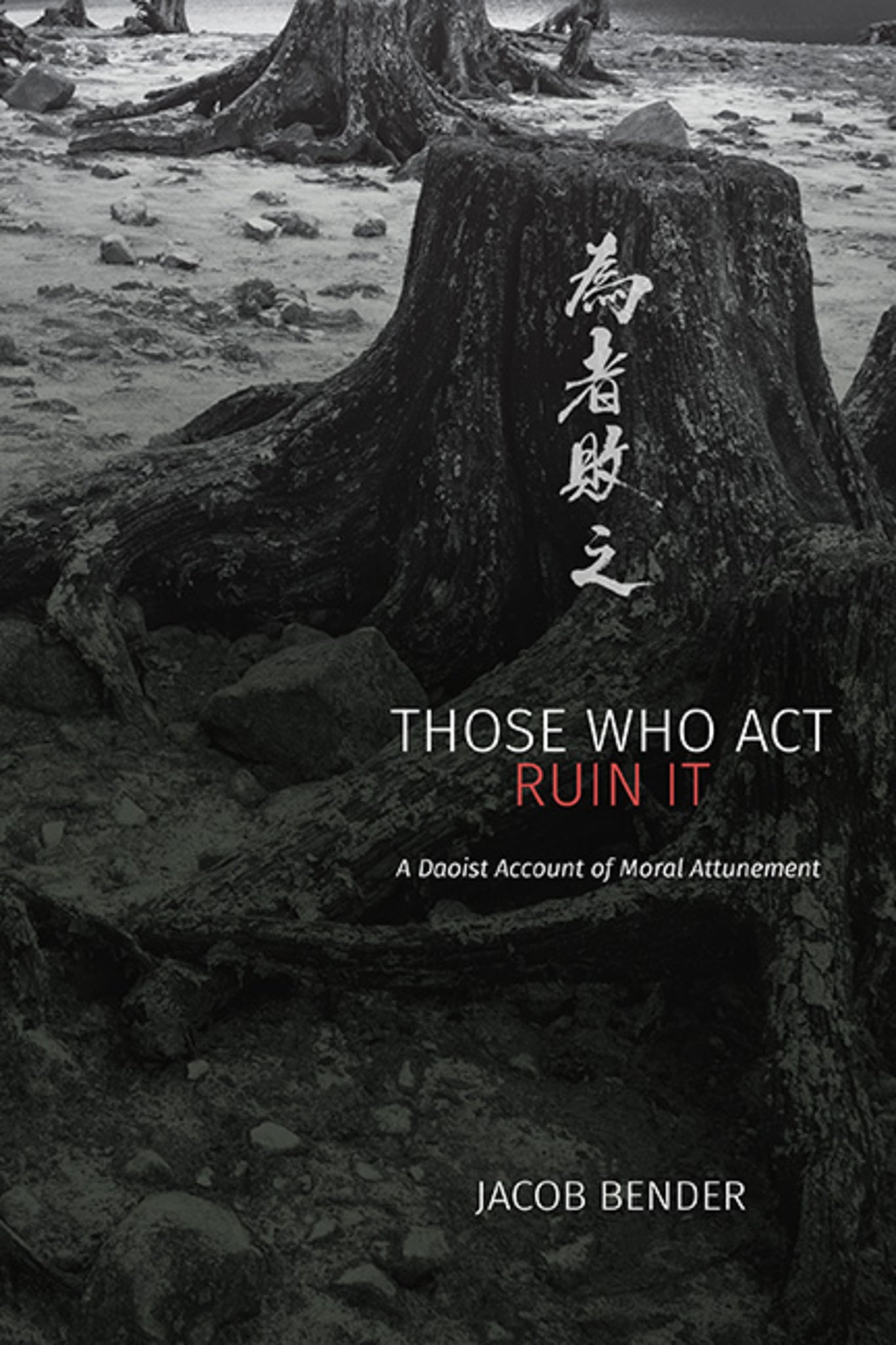We're sorry. An error has occurred
Please cancel or retry.
Those Who Act Ruin It

Some error occured while loading the Quick View. Please close the Quick View and try reloading the page.
Couldn't load pickup availability
- Format:
-
01 July 2024

Presents an iconoclastic account of morality and moral discourse from the perspective of Daoist philosophy.
Drawing on both western and Chinese philosophy, Those Who Act Ruin It shows how Daoism presents a viable alternative to established moral theories. The Daoist, critical of the Confucian and Mohist discourses of their time, provides an account of morality that can best be understood as achieving an attunement to situations through the cultivation of habits. Furthermore, Daoism's meta-ethical insights outline how moral philosophy, when theorized in a way that ignores our fundamental interdependence, devolves into moralistic narcissism. Another way of putting this, as the Daodejing states perfectly, is that "those who act ruin it" (為者敗之). Sensitive to this problem, the Daoist account of moral attunement can ameliorate social woes and not "ruin things." In their moral attunement, Daoists can spontaneously respond to situations in ways that are sensitive to the underlying interdependence of all things.


"Writing well, much less excellently, on philosophical Daoism, or Lao-Zhuang Daoism, is a difficult feat—one that Bender has skillfully achieved [in] Those Who Act Ruin It. Its importance lies in a number of factors. First, the deft engagement with not only Western and Chinese philosophical sources, but also analytic (e.g., Quine) and non-analytic (e.g., Dewey) sources. Moreover, it is a model for how to bring together metaphysics, philosophy of perception, philosophy of action, and axiology in a tight, concise manner." — CHOICE
"This book offers a fresh, challenging, and daring perspective on morality and ethics. Bender's 'iconoclastic' use of Daoist philosophy to problematize some currently dominant ethical approaches in moral philosophy searching to identify valid moral principles is quite intriguing and shows the potential of early Chinese philosophy to contribute to contemporary ethical discourses." — Hans-Georg Moeller, University of Macau
Acknowledgments
Introduction: Lao-Zhuang Daoism
1. An Embodied Account of Experience and Meaning in Daoist Philosophy
2. "Without Action"
3. On Being "Without Desire" in Lao-Zhuang Daoism
4. The "Nonnaturalistic Fallacy" in Lao-Zhuang Daoism
5. Alienation and Attunement in the Zhuangzi
6. The Daoist Critique of Moral Bigotry
Conclusion: A Daoist Alternative to the "Sages"
Notes
Works Cited
Index



